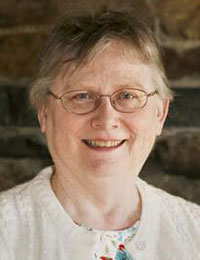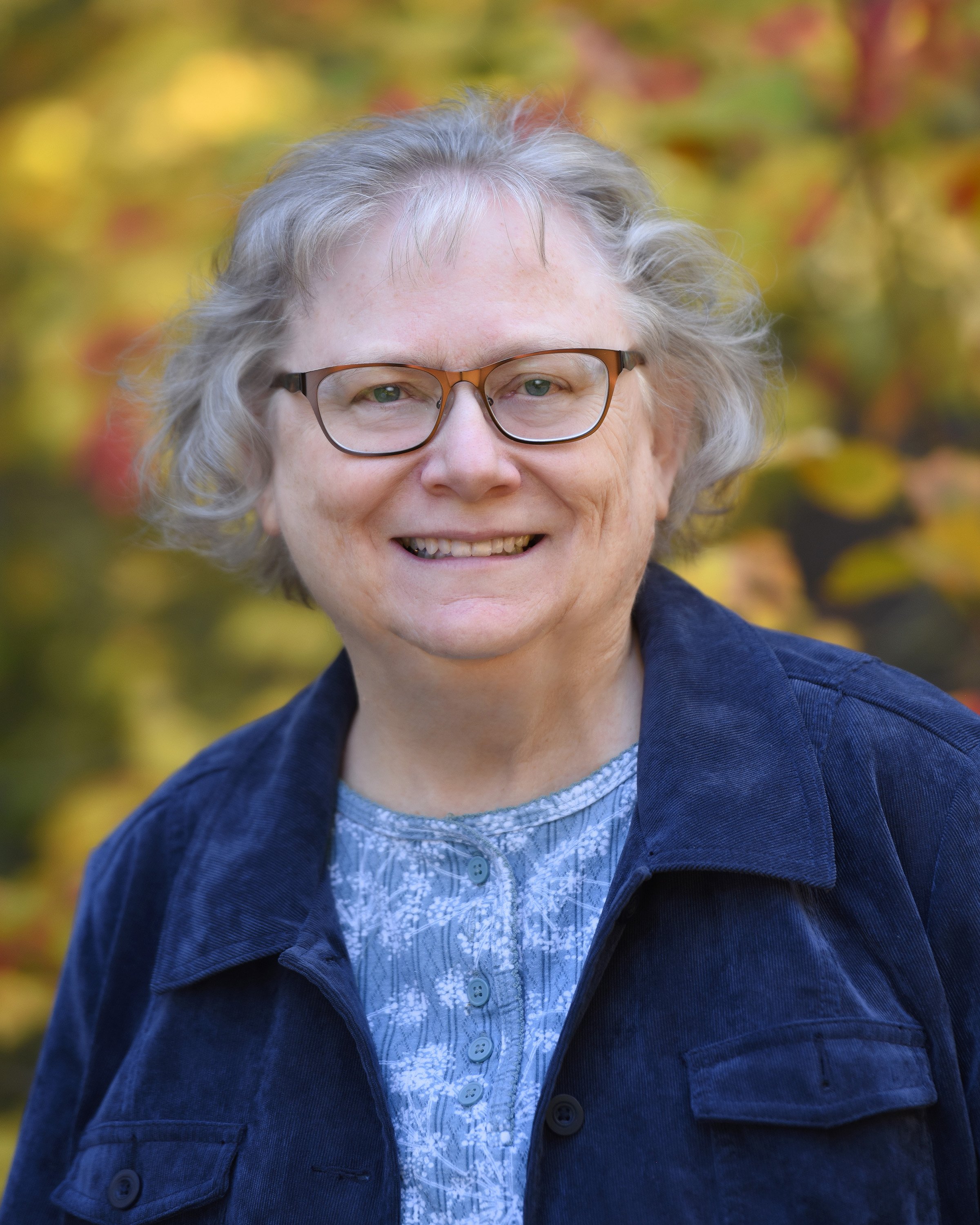 I have most recently been concentrating on “clustering” research for the Early New England Families Study Project around Watertown, Massachusetts. Six new sketches – John Bigelow, Richard Norcross, William Parry, John Sawin, William Shattuck, and Daniel Smith – have been added to thirteen previously posted sketches of immigrant families in Watertown – NEHGS members can find links to all families in the database here.
I have most recently been concentrating on “clustering” research for the Early New England Families Study Project around Watertown, Massachusetts. Six new sketches – John Bigelow, Richard Norcross, William Parry, John Sawin, William Shattuck, and Daniel Smith – have been added to thirteen previously posted sketches of immigrant families in Watertown – NEHGS members can find links to all families in the database here.
While I still have some Watertown families in the pipeline, and there will be plenty more in the future, it is time for a change of scenery, so I am moving north to concentrate on Salem families for the next phase of the project.
Both Watertown and Salem were original towns in Massachusetts, but they were quite different settlements, and it is important to know how resources available for each differ. Watertown, settled by immigrants who came in the Winthrop Fleet in 1630, was the first inland farming community settled on the fertile soil along the Charles River. Research on Watertown families is aided by access to all original records in either published or digital form, with the sad exception of Watertown church records, which have not survived. These sources cover vital, town, land, probate, and court records, making Watertown one of the best towns for research in early New England. Add to that the massive 1860 compilation of Watertown families by Henry Bond,[1] which, although outdated and to be substantiated with primary records and compared to newly published research, provides a convenient introduction to the town’s inhabitants and their records.
Salem was settled four years earlier than Watertown, in 1626, but was not a great place for farming.
Salem was settled four years earlier than Watertown, in 1626, but was not a great place for farming. Located on the rocky Atlantic coast between Boston and Maine, Salem’s settlers became famous for their fishing and sailing. Today’s researchers may be truly thankful for the publications of the Essex Institute in Salem, including printed abstracts and transcriptions from Old Norfolk County and Essex County probate, land, vital, town, court, and church records; although until recently access to the Essex Institute’s volumes has been limited to libraries, new on-line access to the books as well as to images of original records have greatly expanded our ability to use these sources.
Salem’s version of Henry Bond’s compilation on early Watertown settlers was written by Sidney Perley in his three-volume History of Salem in 1924. However, rather than presenting the families in alphabetical order as Bond did, Sidney entered family information in footnotes to the historical narrative as each settler’s name first appeared, leading to the really odd situation of many pages having two lines of text over eight inches of continuing footnotes![2] In addition, each of the three volumes is indexed individually, requiring that each volume be opened to check the index.
There is much more to explore in Essex County, which I will treat in more detail in future posts. Does anyone have a specific resource for Essex County that they want to know more about?
Notes
[1] Henry Bond, Genealogies: Families and Descendants of the Early Settlers of Watertown, Mass., Including Waltham and Weston; to Which Is Appended the Early History of the Town, 4 vols. (Boston, 1860).
[2] Sidney Perley, The History of Salem, Massachusetts, 3 vols. (Salem, 1924). See 2: 382 as an example.
Share this:

About Alicia Crane Williams
Alicia Crane Williams, FASG, Lead Genealogist of Early Families of New England Study Project, has compiled and edited numerous important genealogical publications including The Mayflower Descendant and the Alden Family “Silver Book” Five Generations project of the Mayflower Society. Most recently, she is the author of the 2017 edition of The Babson Genealogy, 1606-2017, Descendants of Thomas and Isabel Babson who first arrived in Salem, Massachusetts, in 1637. Alicia has served as Historian of the Massachusetts Society of Mayflower Descendants, Assistant Historian General at the General Society of Mayflower Descendants, and as Genealogist of the Alden Kindred of America. She earned a bachelor’s degree from the University of Connecticut and a master’s degree in History from Northeastern University.View all posts by Alicia Crane Williams →